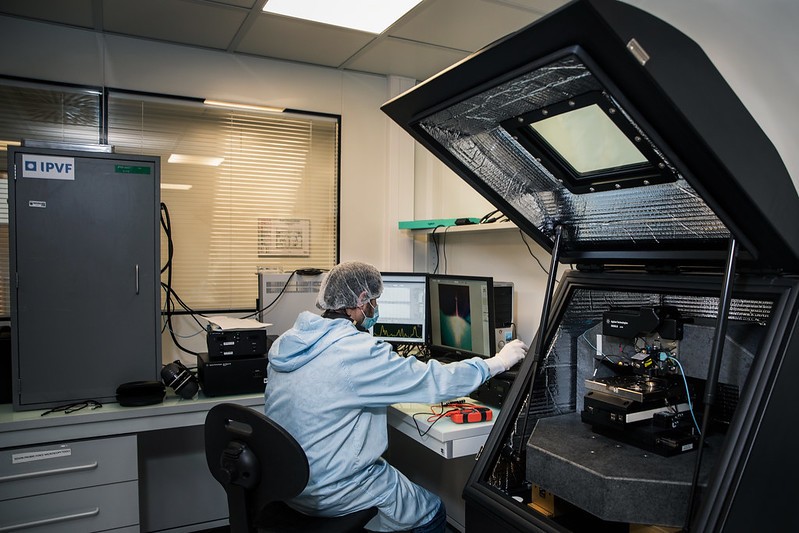- Home
- Department of Chemistry
- Research Areas
- Organometallic Chemistry and Circular Chemistry
- Molecules and Precursors For Functional Materials
Molecules and precursors for functional materials
The development of novel precursors is often a key step in the development and engineering of new materials. The challenge lies in controlling reactivity to create targeted architectures on a variety of scales, or in adding functionality to multi-component materials. Examples include the development and functionalization of thin films, porous materials, textiles or systems of biological interest. Precursor chemistry involves aspects close to organic synthesis, and the coupling of molecules with a variety of substrates: oxides, silicon, silica, polymers, etc.
1. Glycidol approach to surface functionalization
2. Chemistry of organosilane precursors
3. Functional alkene chemistry for silicon functionalization
4. Conjugated molecules and metal complexes: building blocks for the design of molecular materials with controlled properties (luminescence, magnetism and electrical conduction).
5. Organic and hybrid precursors for two-photon polymerization
6. Abundant metal complexes for optics
7. Heteroatom-rich organometallic precursors for ALD (Atomic Layer Deposition)
8. Building molecular assemblies using organometallic titanium chemistry

Faculty contacts
| Audrey Auffrant (subjects 6 et 7) | Anne-Chantal Gouget (subject 3) |
| Kahlid Lahlil (subjects 1 et 2) | Gaël Zucchi (subjects 4 et 5) |
| Yvan Six (subject 8) |
 Support l'X
Support l'X